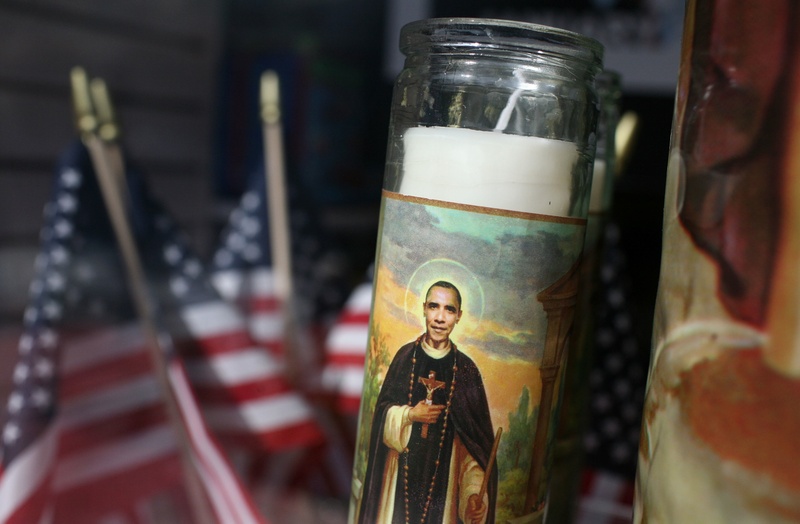Ross Douthat’s column in today’s Times, “Not all abortions are equal,” goes where other Catholic pro-lifers often do not: In arguing that law and policy must make distinctions on abortions, as people do.
“The argument for unregulated abortion rests on the idea that where there are exceptions, there cannot be a rule. Because rape and incest can lead to pregnancy, because abortion can save women’s lives, because babies can be born into suffering and certain death, there should be no restrictions on abortion whatsoever.”
“As a matter of moral philosophy, this makes a certain sense. Either a fetus has a claim to life or it doesn’t. The circumstances of its conception and the state of its health shouldn’t enter into the equation.”
“But the law is a not a philosophy seminar. It’s the place where morality meets custom, and compromise, and common sense. And it can take account of tragic situations without universalizing their lessons.”
“Indeed, the argument that some abortions take place in particularly awful, particularly understandable circumstances is not a case against regulating abortion. It’s the beginning of precisely the kind of reasonable distinction-making that would produce a saner, stricter legal regime.”
Douthat argues that this would best be done by returning such decisions to “the democratic process”–the familiar argument that absent Roe and the courts, states would decide the matter. But I’m not sure at all how much “stricter” or “saner” such state legislation would be, at all. [And of course his characterization of the argument for “unregulated abortion” is really a caricature. Who makes that argument anyway? But straw men are useful.]
But Douthat’s larger point, while important, is also perilous for pro-lifers and especially for Catholic teachings: Once you admit such distinctions, the argument for protecting life in its earliest, most “abstract” (to most of our imaginations) stage begins to lose its moral and emotional force–even though Catholic teaching holds that terminating an embryo with a Plan B pill, e.g., is murder every bit as much as a third trimester abortion.
Yet this is already happening, and manifested itself in Scott Roeder’s murder of George Tiller: Roeder killed Tiller because he performed “late-term” abortions on fetuses that, as Douthat writes, “involved destroying something that we wouldn’t hesitate to call a baby if we saw it struggling for life in a hospital bed.”
Roeder did not shoot a fertility doctor, whose work with countless embryos is far more damaging under the Catholic view than Tiller’s ever was. But try enshrining that into public policy, or turning it into a successful lobbying effort. That’s when moral philosophy and democracy diverge.

